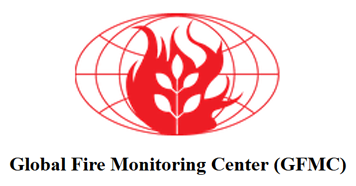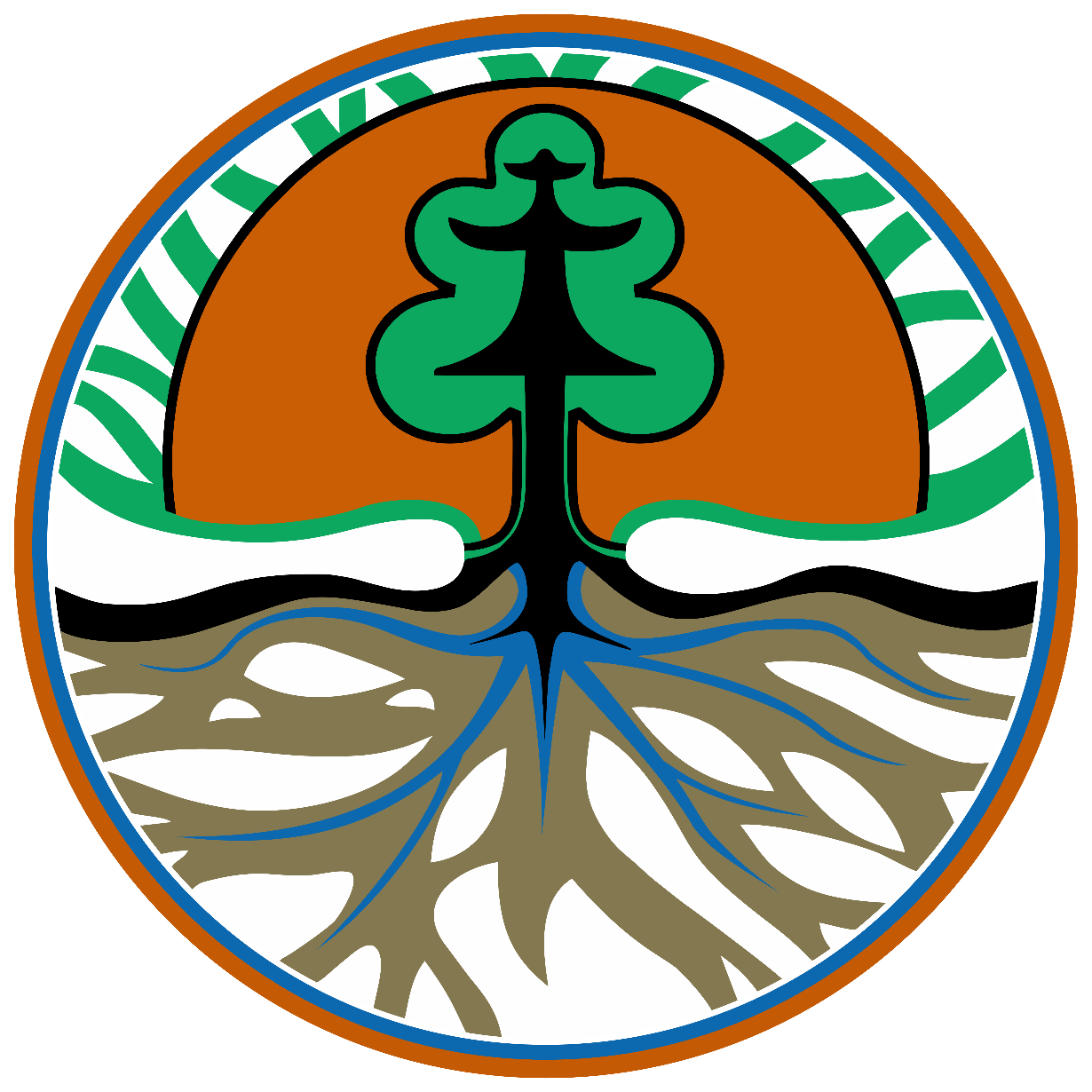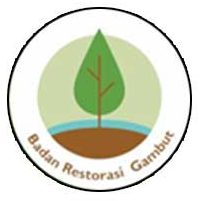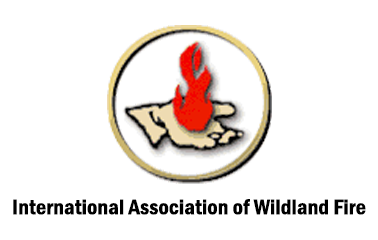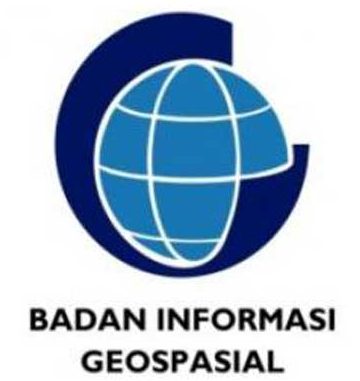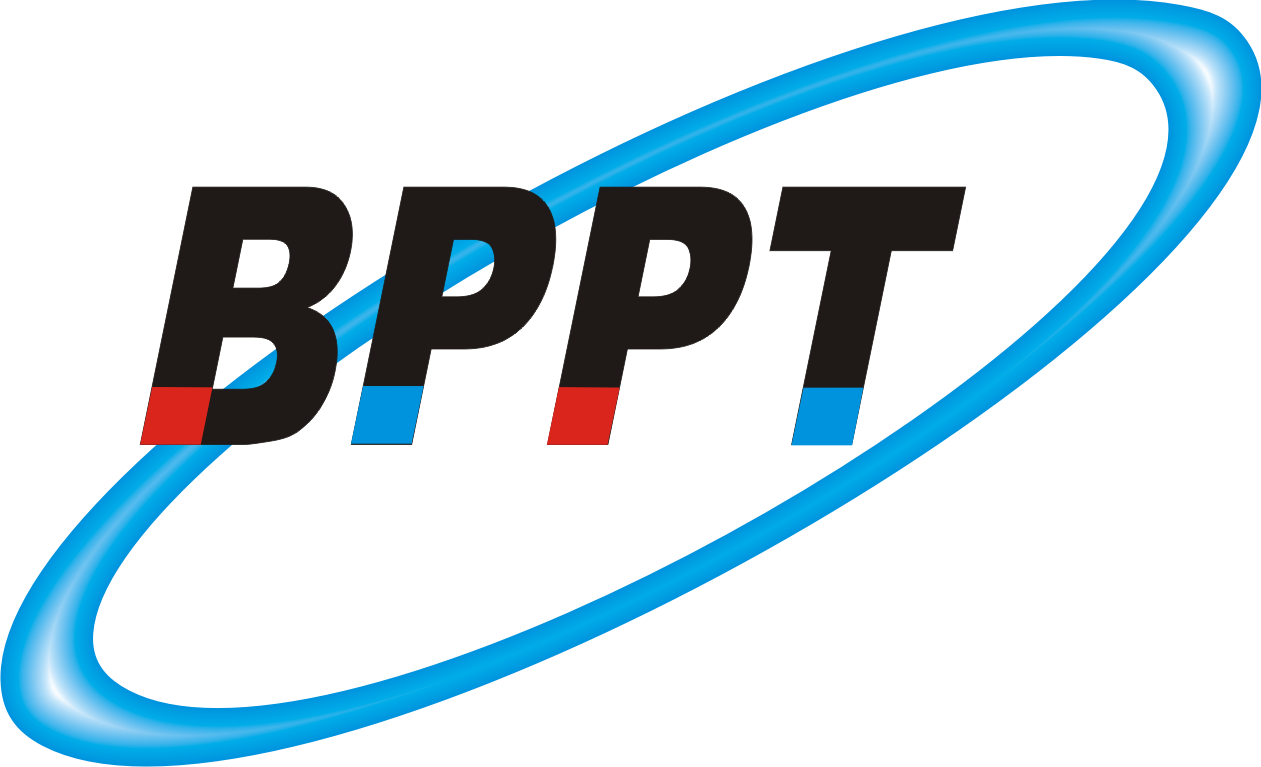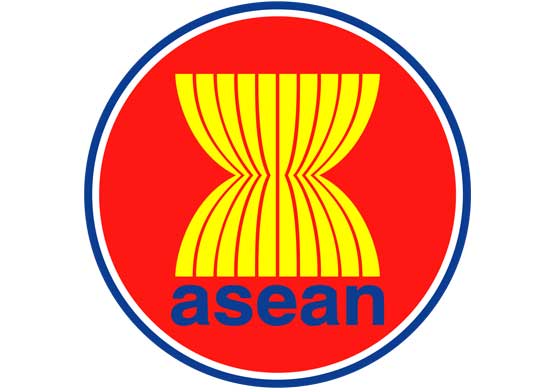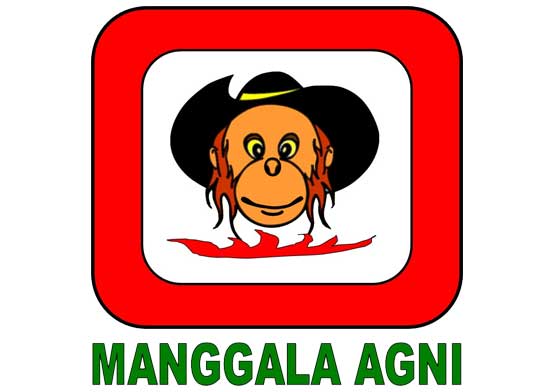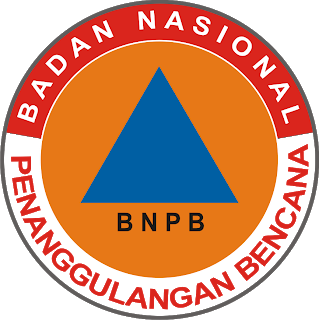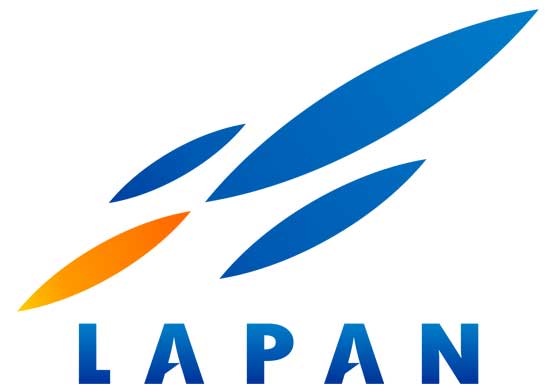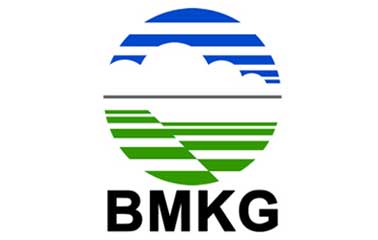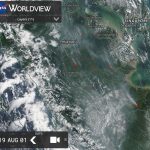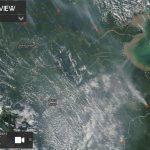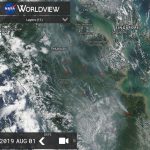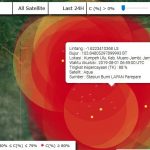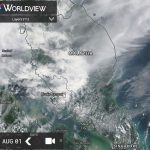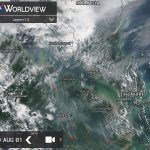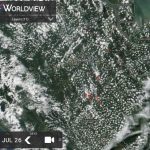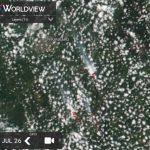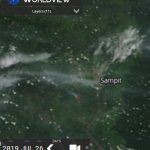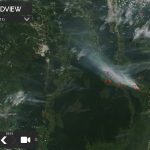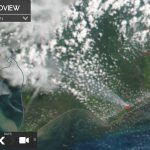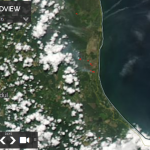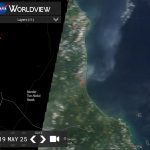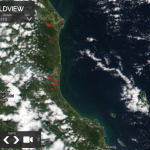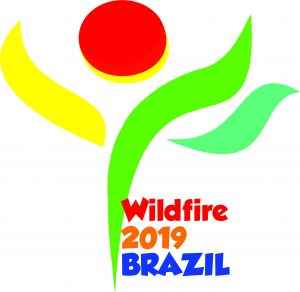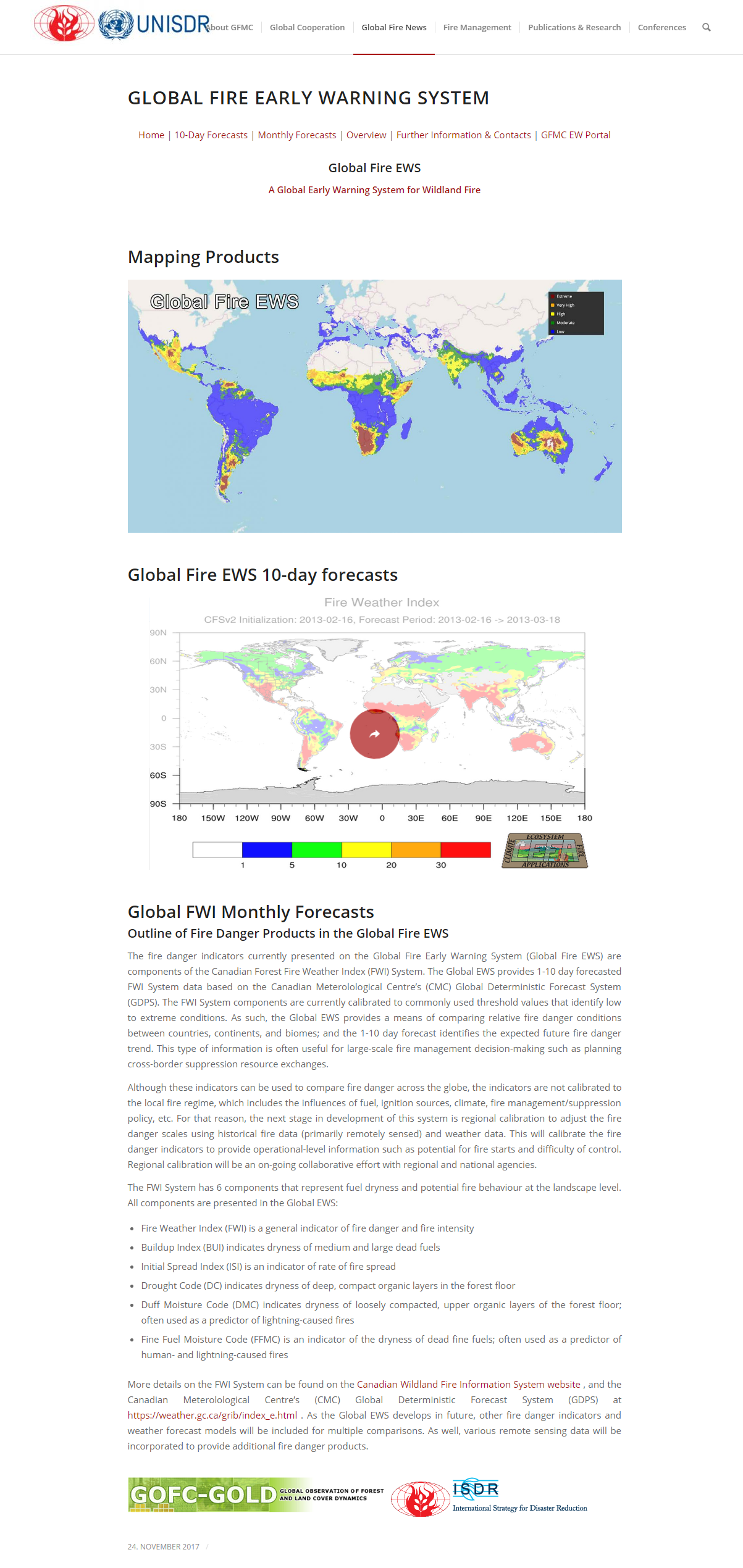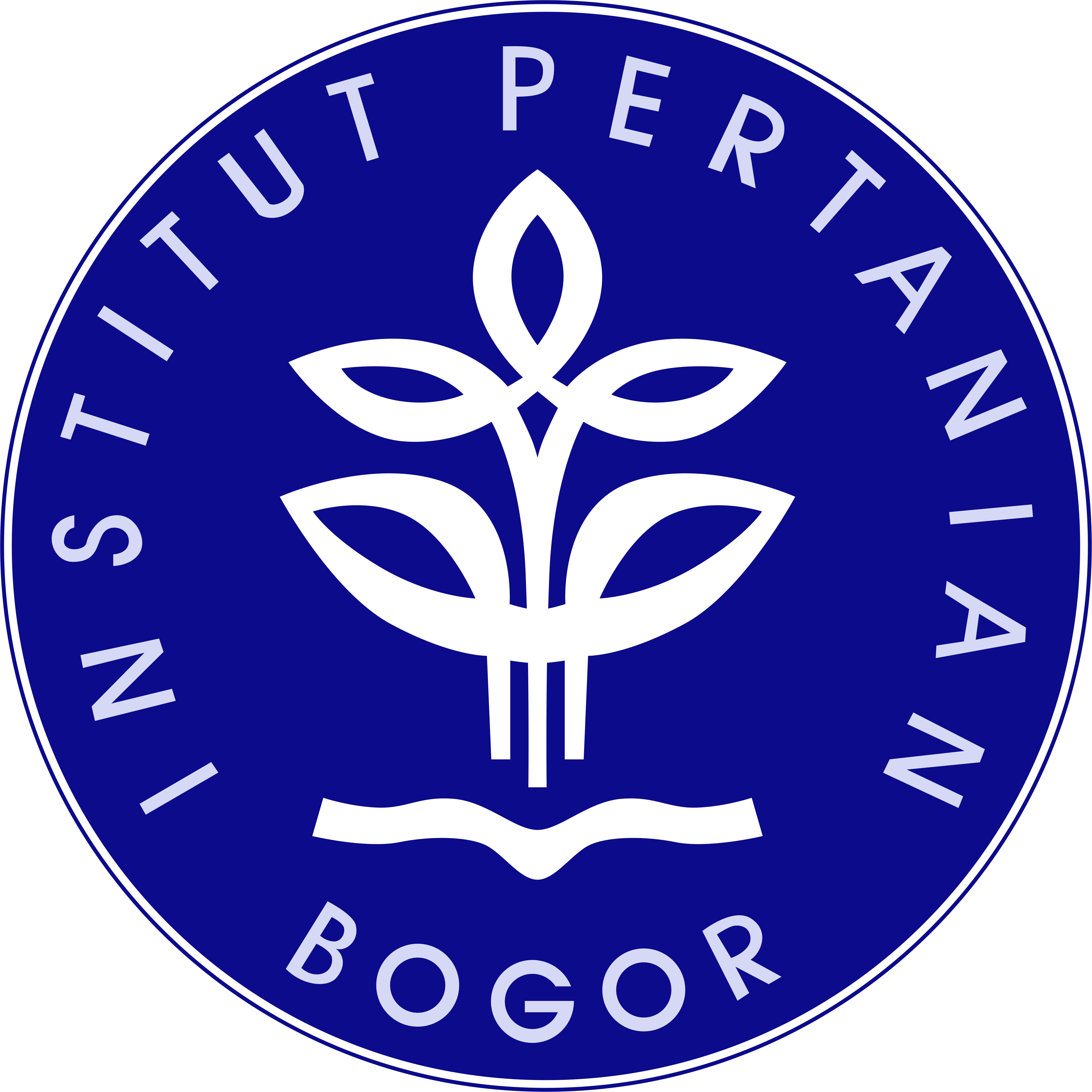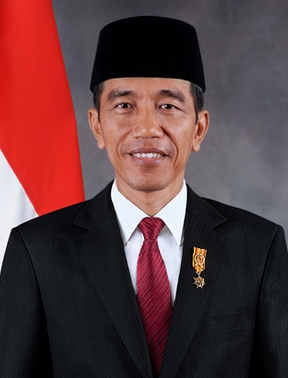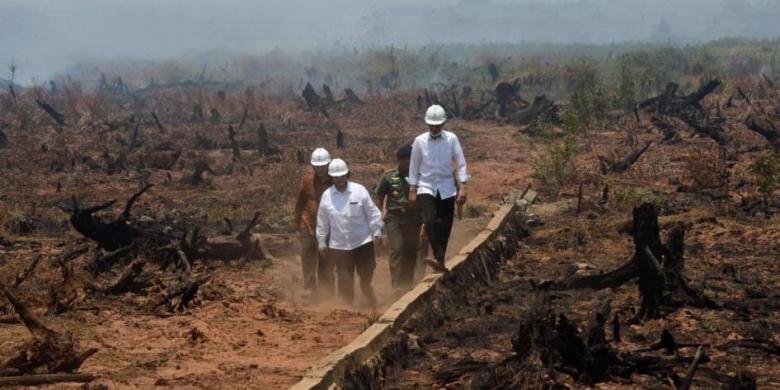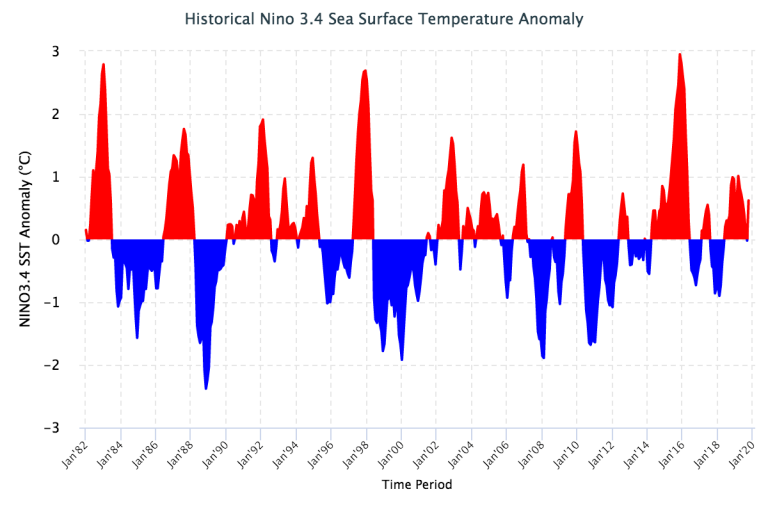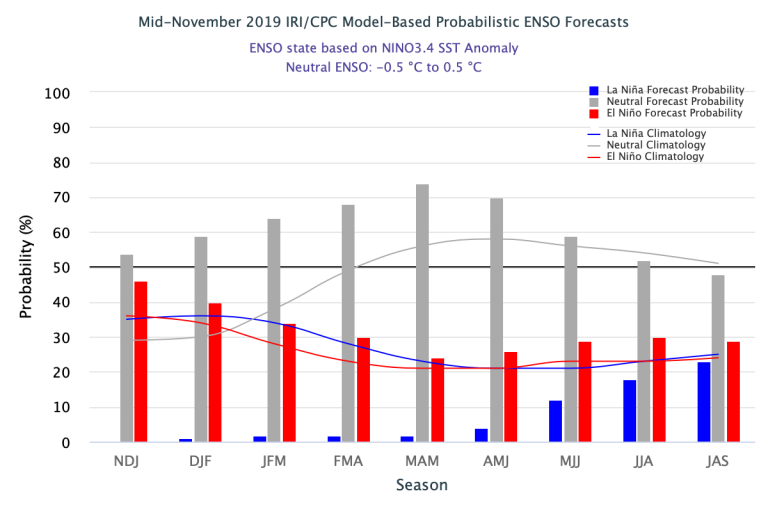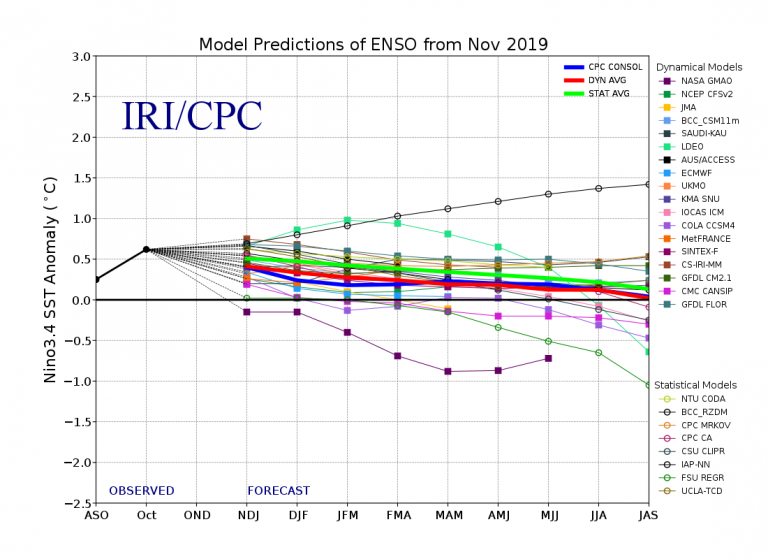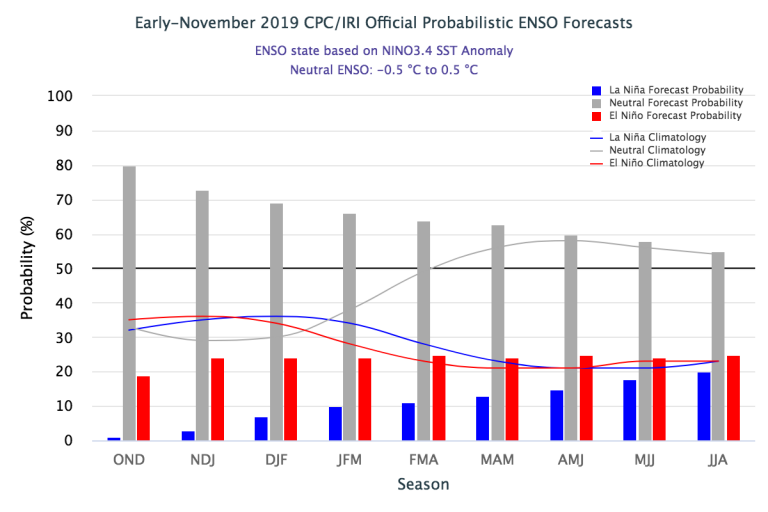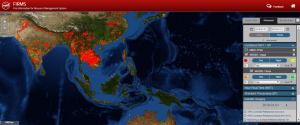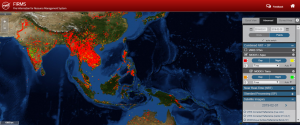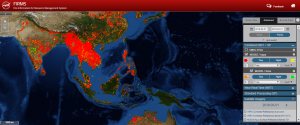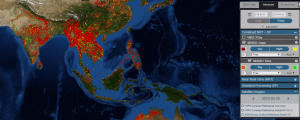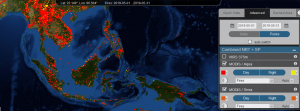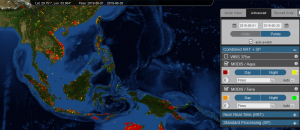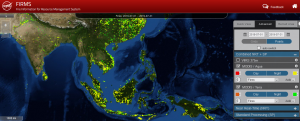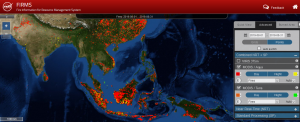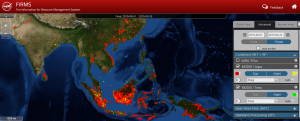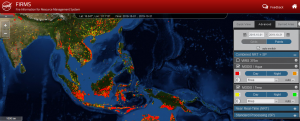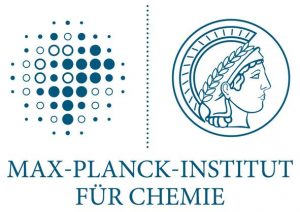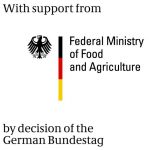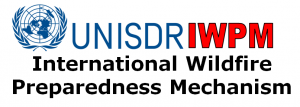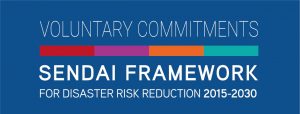Partners
Introduction
The International Wildland Fire Conferences were launched in 1989. The conferences aim to facilitate the sharing of knowledge and expertise in wildland (landscape) fire policies, research, management and capacity building in an international forum that will strengthen the abilities of individual nations to reduce the negative impacts of landscape fires on the environment and humanity; and to advance the knowledge and application of the ecologically and environmentally benign role of natural fire in fire-dependent ecosystems, and sustainable application of fire in land-use systems.
Information International Wildland Fire Conference since 1989 can visit the website: http://gfmc.online/conferences/iwfc.htmlor IWFC-7 website: https://www.ibama.gov.br/wildfire2019-eng
The abstract are open – these URLs for English and Spanish versions:
English version: https://www.ibama.gov.br/wildfire2019-submission-abstracts
Spanish version: https://www.ibama.gov.br/wildfire2019-submision-resumenes
Global FWI Monthly Forecasts
Outline of Fire Danger Products in the Global Fire EWS
The fire danger indicators currently presented on the Global Fire Early Warning System (Global Fire EWS) are components of the Canadian Forest Fire Weather Index (FWI) System. The Global EWS provides 1-10 day forecasted FWI System data based on the Canadian Meteorological Centre’s (CMC) Global Deterministic Forecast System (GDPS). The FWI System components are currently calibrated to commonly used threshold values that identify low to extreme conditions. As such, the Global EWS provides a means of comparing relative fire danger conditions between countries, continents, and biomes; and the 1-10 day forecast identifies the expected future fire danger trend. This type of information is often used for large-scale fire management decision-making such as planning cross-border suppression resource exchanges.
Although these indicators can be used to compare fire danger across the globe, the indicators are not calibrated to the local fire regime, which includes the influences of fuel, ignition sources, climate, fire management/suppression policy, etc. For that reason, the next stage in the development of this system is regional calibration to adjust the fire danger scales using historical fire data (primarily remotely sensed) and weather data. This will calibrate the fire danger indicators to provide operational-level information such as a potential for fire starts and difficulty of control. Regional calibration will be an on-going collaborative effort with regional and national agencies.
Source: GLOBAL FIRE EARLY WARNING SYSTEM
Regional Actors
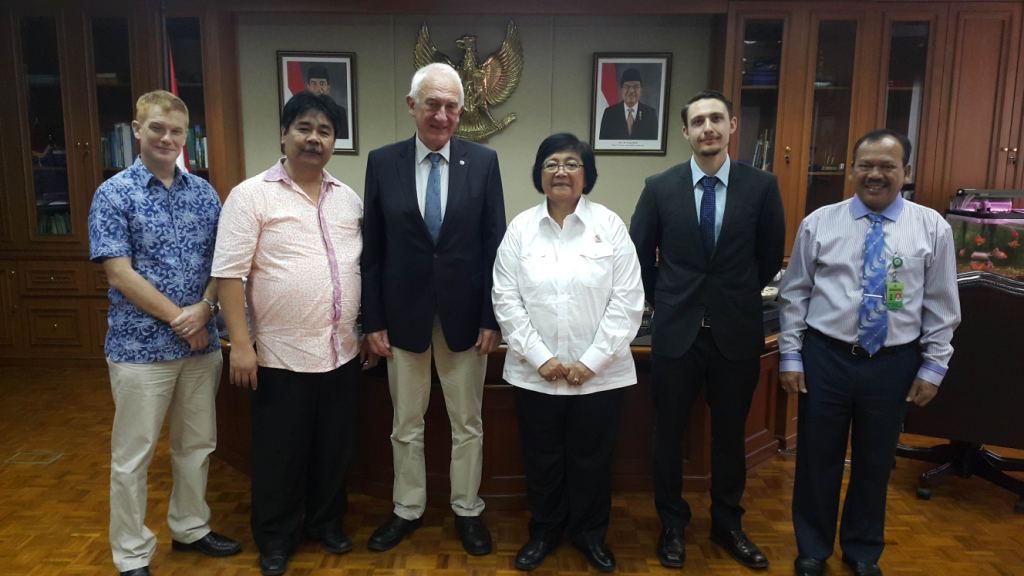
Information and Publications
International Wildfire Preparedness Mechanism (IWPM)
Forest, Land Fires Reappear in Ria
Indonesia to Fight Against Forest Fires Starting Early This Year
Forestry Ministry Hopes no Forest Fire This Year
International Workshop on National Guidelines on the Protection of Forests Against Fire
SEA FIRES NEWS
The claims or redress harm on a scientist of forest and land fires by the company destroyer environment

Prof. Bambang Hero Saharjo (Left) and Guru Besar IPB Bambang Hero (Kiri) and Director General of Law Enforcement – MoEF (Center)
Pic: Medcom.id/Fachri Audhia Hafiez
Video Link: http://video.metrotvnews.com/metro-pagi-prime-time/ybDz7wPK-perlawanan-perusahaan-perusak-lingkungan
SEA FIRES BULLETIN (BULLETIN RFMRC – SEA)
Edition 1 July-December 2017 (Sub English and Sub Indonesian)
Edition 2 January-June 2018 (Sub English and Sub Indonesian)
Global Wildland Fire Network Bulletins
Since 2005 the GFMC is publishing one or two Global Bulletins annually. Focus since 2011 is the publication of the Annual Global Wildland Fire Fatalities and Damages Reports:
Selected Conference Declarations
The GFMC and its precursor institution – the Fire Ecology Research Group – have convened a large number of international conferences that addressed selected topics on vegetation fires. Some conferences resulted in the release of declarations:
Conclusions of the UNECE/FAO Regional Forum on Cross-boundary Fire Management (United Nations in Geneva, 28-29 November 2013) (PDF)
Resolution of the International Congress “Forest Fire and Climate Change: Challenges for Fire Management in Natural and Cultural Landscapes of Eurasia” (Novosibirsk, Russian Federation, 11-12 November 2013) (Russian and English; PDF)
Recommendations of the “Second International Fire Management Week” (Krasnoyarsk Krai, Russian Federation, 17-23 June 2013) (Russian and English; PDF)
Recommendations of the “First International Fire Management Week” (Krasnoyarsk Krai, Russian Federation, 1-10 September 2012) (Russian and English; PDF)
Freiburg Declaration on Tropical Fires (released by the participants of the Third International Symposium on Fire Ecology “Fire in the Tropical Biota” (Freiburg, 16-20 May 1989) (PDF)
19 – 21 January 2018
Internal Meeting RFMRC – SEA @ Savero Hotel, Bogor – West Java
|
|
| |
10 February – 31 May 2018
Competition on the Logo and Official Song of Student Association of Forest Fire (SAFE). SAFE is designed as on Organization for Students who take their interest on Forest, Land, and Peat Fire Management and Prevention in Indonesia.
10 February – 31 May 2018
Contest of scientific papers on Forest, Land, and Peat Fires in Indonesia for IPB students to enhance their scientific writing skill and to broaden student networking.
14 February 2018
Student Studium Generale on Forest and Land Fires Prevention @Sylva Pertamina Auditorium, Faculty of Forestry IPB, Bogor – Indonesia.
| |
|
01 March 2018
Student Studium Generale on “Free data and SAGA Open Source GIS Software: New Opportunities for Research, Monitoring, and Planning in Indonesia” @Ulin Meeting Room, Departement of Silviculture, Faculty of Forestry IPB, Bogor – Indonesia.
| |
|
26 March 2018
Student Studium Generale on “Observing Indonesian Air Pollution from Space” @Court Sylva Room, Faculty of Forestry IPB, Bogor – Indonesia.
|
|
6 – 7 June 2018
Regional Round Table and Consultation “Enhancing Regional Cooperation in Fire Management in South East Asia”
Link: https://rfmrc-sea.org/regional-round-table-meeting-and-consultation/
12 October 2018
Meeting of the Eurasia Team of Specialists on Landscape Fire Management, GFMC, Freiburg, Germany.

13 October 2018
Meeting of the UNISDR Wildland Fire Advisory Group (WFAG) in conjunction with the meeting of the International Liaison Committee (ILC) and the Brazilian Conference Organizing Committee for the 7th International Wildland Fire Conference; GFMC, Freiburg, Germany.
Joint WFAG-ILC 2018 Meeting Agenda (PDF, 0.3 MB)

The direction from Republic of Indonesia President, Joko Widodo at the National Coordination Meeting on Forest and Land Fire prevention 2018, State Palace – Jakarta, 6 February 2018
By: Public Relations; Posted on Feb 6, 2018, | The Text of Speech By President Republic of Indonesia
Kalau di wilayah Saudara-saudara ada kebakaran dan tidak tertangani dengan baik, aturan mainnya masih sama, belum saya ganti. Masih ingat? Dicopot. Sudah, tegas. Ini saya ulang lagi. Paling kalau ada kebakaran di sebelah mana, saya telepon Panglima TNI, “ganti pangdam-nya”. Kebakaran kok enggak rampung-rampung, di provinsi mana, saya telpon Kapolri, “Kapolda-nya ganti”. Kalau wilayahnya agak kecil ya danrem-nya, agak kecil lagi kapolres-nya.
“If the area of the brethren there are fires and not managed properly, the rules of the game are still the same, I do not replace. Still, remember? Replaced. Already, sternly. I repeat again. When there is a fire in the area where, I will phone on the Commander (Panglima) of the Indonesian National Armed Forces (TNI), “replace his Territorial Military Commander”. Fires are not resolved, in which province, I will phone on Head of the Indonesian Police., “replace his Head of the Provincial Police”. If it’s territory small is Military Commander of the Resorts and again territory very small is Head of the County Police“. (the contents of the manuscript)
The Information Forecast
The Information Hotspot in Southeast Asia Countries
Source Link: NASA FIRMS (https://earthdata.nasa.gov/earth-observation-data/near-real-time/firms)
Institutional Setting
The RFMRC-SEA was established in 2017 by the Faculty of Forestry – IPB University, Bogor – Indonesia, with the assistance of the Global Fire Monitoring Center (GFMC) and sponsorship of the German Federal Ministry for Food and Agriculture. The RFMRC-SEA is a Sendai Voluntary Commitment and serving the UNISDR International Wildfire Preparedness Mechanism.
